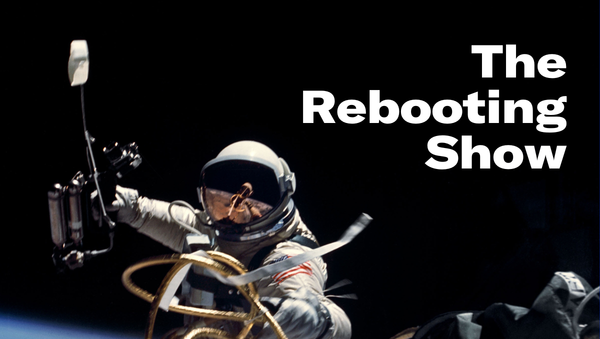A refocused Axios
Plus: monopolies and memes

Lots of surprise that Axios cut 50 positions yesterday, or 10% of its workforce. Publishing has gone through a meat grinder. Axios was one of the exceptions, focusing on a protected ad category of companies influencing government officials. But nobody is immune to the current pressures.
CEO Jim VandeHei explained the cuts as a result of the macro environment. AI was waved around. Long term, I believe AI will erode Smart Brevity as a competitive advantage. In fact, it will erode format as a competitive advantage because, as AppliedXL’s Francesco Marconi points out, the one thing AI has proven very adept at is versioning. (The other is summarization.)




